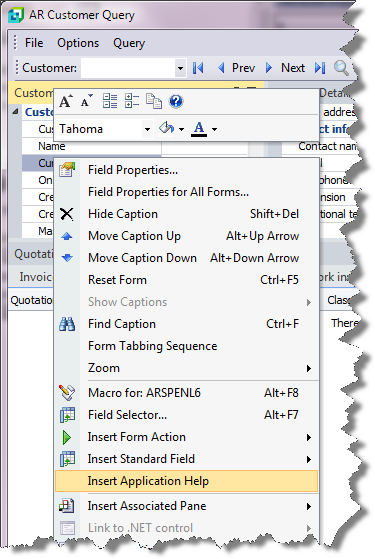You use this program to create a build schedule file by extracting any MPS items from both the forecast file and/or sales order files.
Alternatively, you can extract the initial build schedule from existing purchase orders and jobs for MPS items and then use the Build Schedule Maintenance program to amend the records as required to create a viable initial schedule.
| Field | Description |
|---|---|
| Start Processing | Creates the demand file according to the options selected. |
| Prints the information currently displayed in the Report pane. | |
| Save Form Values | This option is only enabled in Design mode (Automation Design). Your selections are saved and applied when the
program is run in automated mode. Form values and defaults are applied at operator level. They are not saved at role or group level. |
| Field | Description | ||||||||||
|---|---|---|---|---|---|---|---|---|---|---|---|
| Processing options | |||||||||||
| Extract selection |
|
||||||||||
| After processing completed |
These options are displayed within programs that can be automated. They enable you to indicate the action you want to perform once processing is complete (see Automation Design). |
This pane displays the results of the processing function you selected once processing is complete (unless you selected the option to close the application from the After processing completed section).
-
If the build schedule file already exists, then it is removed.
-
If forecasts have been selected, then the program extracts the following:
- All MPS items. These are directly written into the build schedule.
-
All planning bill items. For these items all first level components are checked to locate any MPS items. If any are found, then their quantities are converted as follows:
A = (B x C) + [(B x C) x D] + E
Where:
- A indicates the quantity required
- B indicates the quantity per
- C indicates the forecast of planning bill part
- D indicates the scrap %
- E indicates the scrap quantity
This figure is then rounded up to the maximum number of decimals for the item (Stock Codes).
-
If sales orders have been selected, then the program extracts existing sales order for MPS items and converts the sum of the ship quantity and back order quantity into the stocking unit of measure, before creating a build schedule record.
-
If purchase order and jobs have been selected, then the program extracts all incomplete jobs and outstanding purchase orders for MPS items. The quantity still to be manufactured (from Work in Progress) and the quantity still to be received into stock (from Purchase orders) is written to the build schedule record.
The Date Required field is generated from the date of supply (job delivery date or purchase order due date) or date of demand (forecast date or sales order due date).
The stock item's dock-to-stock and the entry made at the Days after stock arrival it can be used option (Requirements Planning Setup) are added (if created from supply) or subtracted (if created from demand) to arrive at the build schedule date.
-
If the build schedule already exists, a warning message is displayed requesting you to confirm the deletion of the exiting build schedule before you can continue.
-
All items on Sales orders and Purchase orders excluded from the MRP calculation at Order Header level are ignored by this program (irrespective of their inclusion at line level).
Individual Sales order and Purchase order lines excluded from the MRP calculation at line level are ignored by this program for orders included at Order Header level.
Electronic Signatures provide security access, transaction logging and event triggering. This enables you to increase control over your system changes.
Access to the following eSignature transactions within this program can be restricted at Operator, Group, Role or Company level. You configure this using the eSignature Setup program.
| eSignature Transaction | Description |
|---|---|
| MRP Initial build extract |
Controls access to the Start Processing function in the Initial Build Extract program. |
Password access to the following functions in this program may be defined in the Password Definition program. When defined, the password must be entered before you can access the function.
| Field | Description |
|---|---|
| MRP Initial build schedule extract | This password restricts access to the Processing options within the Initial Build Extract program. |
Inserting Application Help
You would typically follow this procedure to display help for the current program in a customized pane that can be pinned to the program window.
Information includes step-by-step instructions for the various functions available within the program, including a brief overview of what the program does, what setup options are required and how to personalize the program.
-
Open the program for which you want to insert application help into a customized pane.
This functionality is only available for a program that has panes.
-
Right-click any form field.
You can also click the triangle menu icon that appears in the title area of a pane.
-
Select Insert Application Help from the context-sensitive menu.
The application help appears in a pane within your program. You can reposition the pane using the docking stickers or pin it to the program window.
Removing the Application Help pane
If you no longer want to display application help in a pane for your current program, you can simply remove it.
-
Select the Close icon in the right-hand corner of the application help pane.
-
Confirm that you want to delete the pane.

